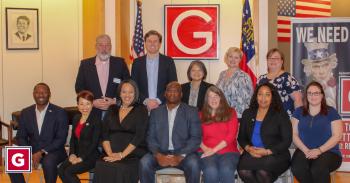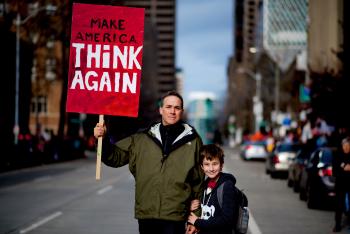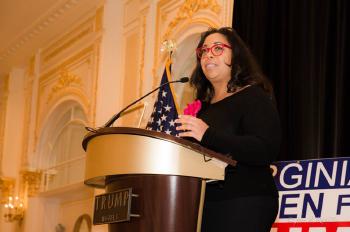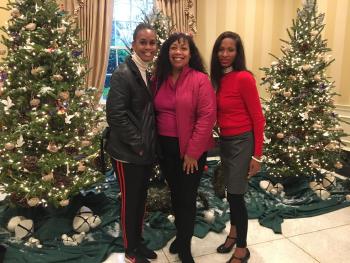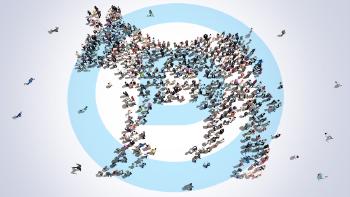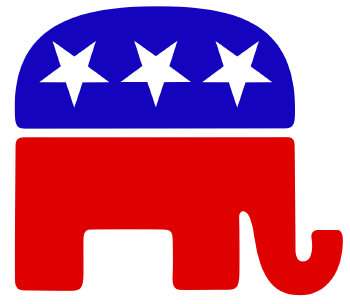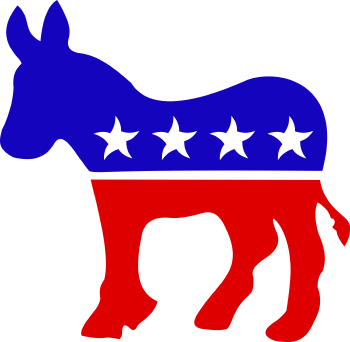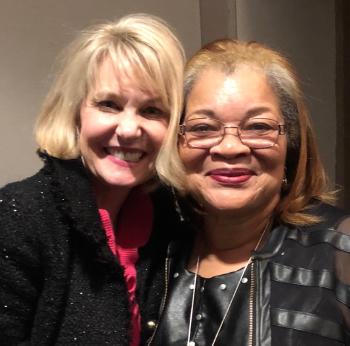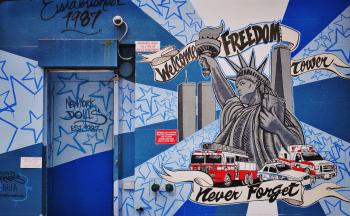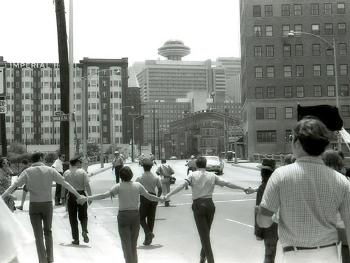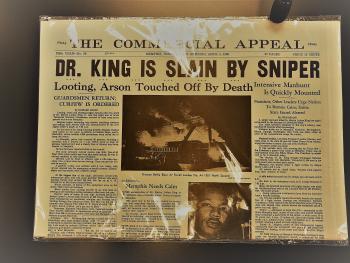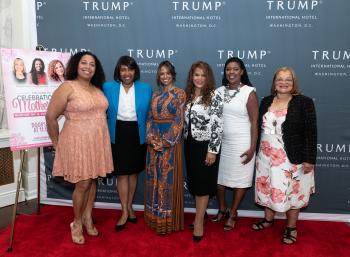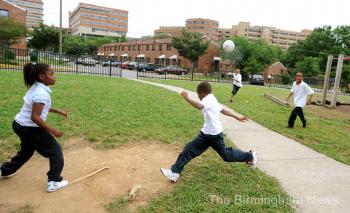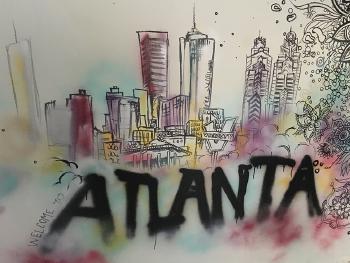Across the Aisles
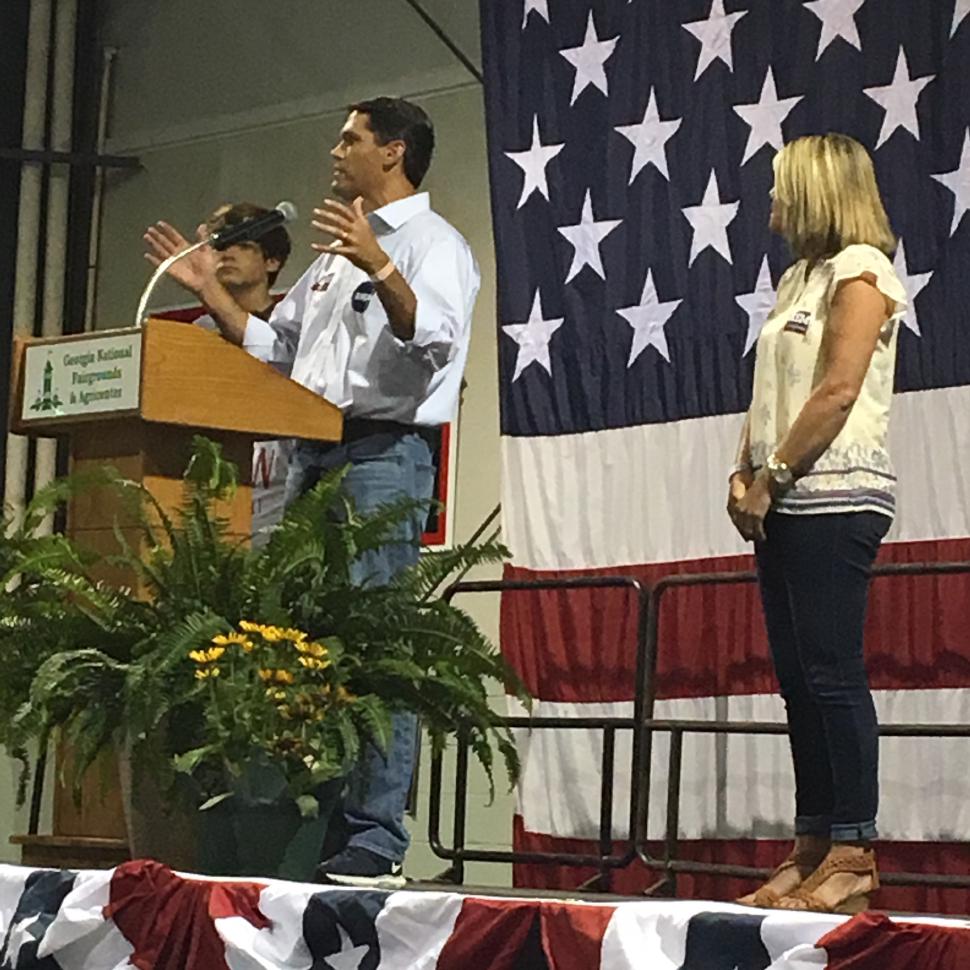
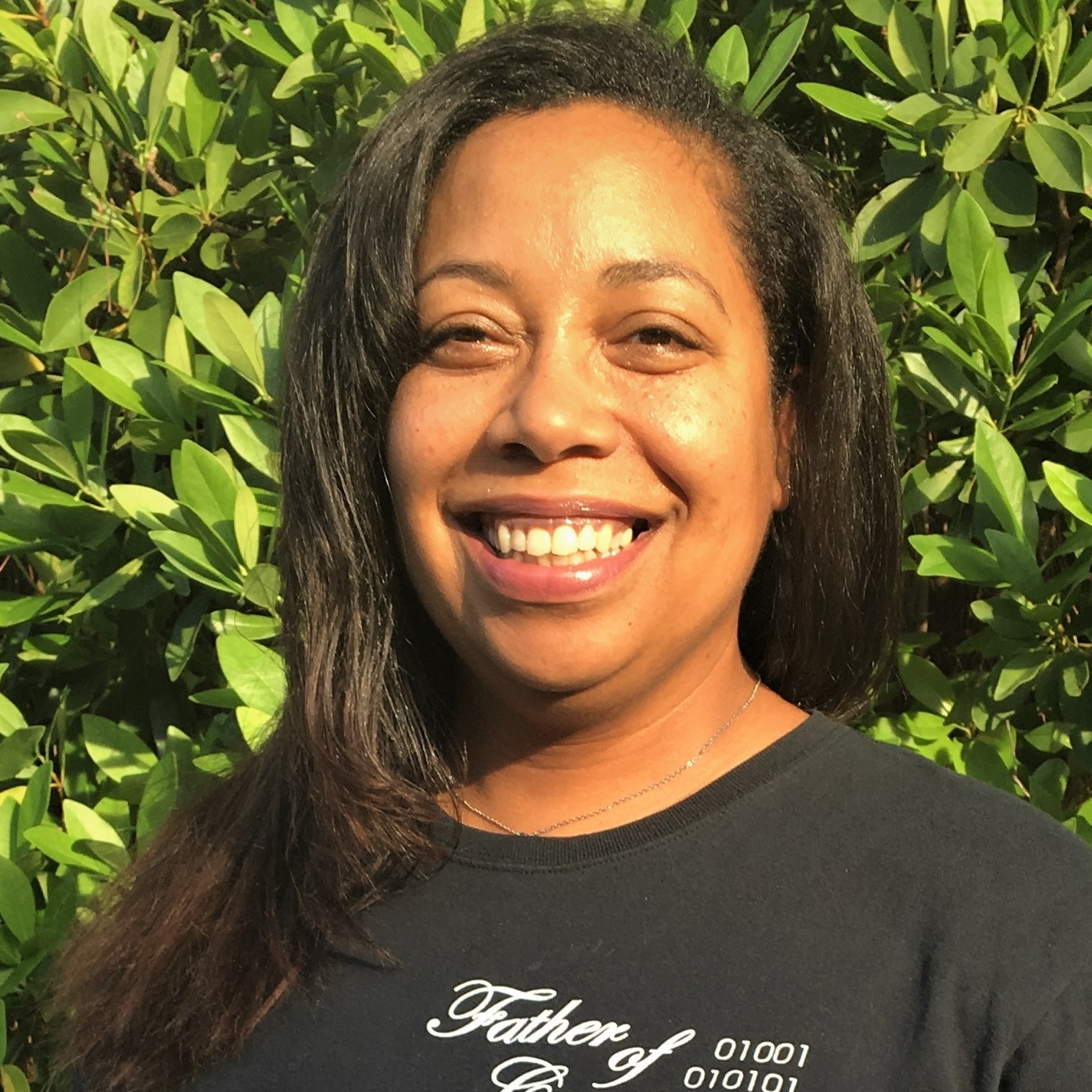
Lisa Noël Babbage
Author, Teacher, Philanthropist
Aug. 25, 2018
“Americans casting their votes in the upcoming November elections will be participating in a time honored tradition of a government for the people, by the people.”
Throughout the state of Georgia and across the nation, candidates promote platforms that they hope will reach special interest audiences in rallies leading to the last 75 days to the November 2018 elections. Whether in rural pavilions or swanky hotel ballrooms, across the aisles people are talking. In all of these communication, how much is being heard?
As citizens attempt to get a clearer understanding of who stands for what and who is really real, attendance at these events are our civic duty. It is especially important for all eligible citizens to not only register to vote, to be educate themselves to the power of their vote. In past elections, many have despised their right to vote because they have been “let down” by democratic practices that lead to the rise to power in this nation.
Since the practices and pathways to power have not changed in decades, its conveniently universal that no one thing within the practice or pathways that govern our electoral processes have let anyone down. What is more likely is that voters have expressed their opinions, some through the voting process, and have come up short - without their candidate of choice. In fact, it is the candidate that didn’t earn enough votes to be elected that has let voters down, not the democratic process.
When America elected its first president in George Washington, the ballots were unanimous. Some speculate that the decision to select Washington preceded the actual vote, which acted as more of a predestined conclusion. In both his first and second term, the nation agreed that Washington was the only man for the job. Still Washington served our nation in some of the most brutal times in American history. Yet on paper, it looked as if the Federal government was in one accord. Only our fifth president, James Monroe (1817-1825) won by almost as close a margin.
Every other American election has been fraught with controversy, relative mud-slinging, and “let down” voters. Why then in modern times is the passion dialed so high that large scale groups of people are drawn into hate filled arguments over campaigns and the mere suggestion to cross the aisle. One might also consider why Hollywood heavy weights and national lobbyists concern themselves with local elections in states they don’t live in, vote in, or work.
The short version of the only plausible answer is money.
Somehow, the web of power that no even the FBI can easily decipher, is connected between every populous state is tied to seats in Congress, government contracts, taxes and tariffs, and a dozen other special interests the average American doesn’t have a clearance for. The bottom line is that money, and the control of money is at the root of why people feel like voting is not worth the effort - it is at the root of why people distrust their fellow Americans on the other side of the aisle. Yes, there are fundamental differences of opinion that shape political persuasion, but when you let all of the air out of the position, the paper trail is still green. People waving elephant and donkey flags have put the rights of their citizenship on the back burner because skin tone and political correctness. Voting a “straight (party) ticket” is what they criticize each other for, then repeat the mantra to their own constituents at assemblies being held every weekend leading up to election day.
As a society, we’ve lost all tolerance for not getting our way and find ourselves willing to ‘check out’ of participating in the democratic process at the drop of a hat, or mic, or off-color comment. If being offended is the basis for complete alienation of a candidate or party, then America is the fat kid in the corner of the yard pitching a fit because he lost the race to the new girl. There must be healthy competition to provide oversight even to democratic processes. Why should we accept candidates that don’t have the heart to put in work that will grow our nation, not just our own individual pockets because we happen to be a member of their club? That’s anarchy, not love for America.
It’s difficult, obviously, to know just what’s real and who’s who in an election. Candidates, just like any other person on the face of earth, wears masks from time to time. But as participators in one the greatest practices of any modern nation, we as citizens must make the effort to read between the lines and actually vote our conscience, even if that means we don’t vote for someone who looks like us or talks like us. We’re not voting to gain a friend, we’re voting to maintain greatness.
While we may never get the opportunity to cross “the” aisles, we can cross aisles in our workplace, schools, and neighbors by listening and sharing and listening some more. It is never acceptable to miss our opportunity to vote, nor is it ever acceptable to vote uneducated. Ask questions if need be, but be prepared to accept the answers even if it turns out you were wrong. That’s the democratic way - actually, that’s the American way.
